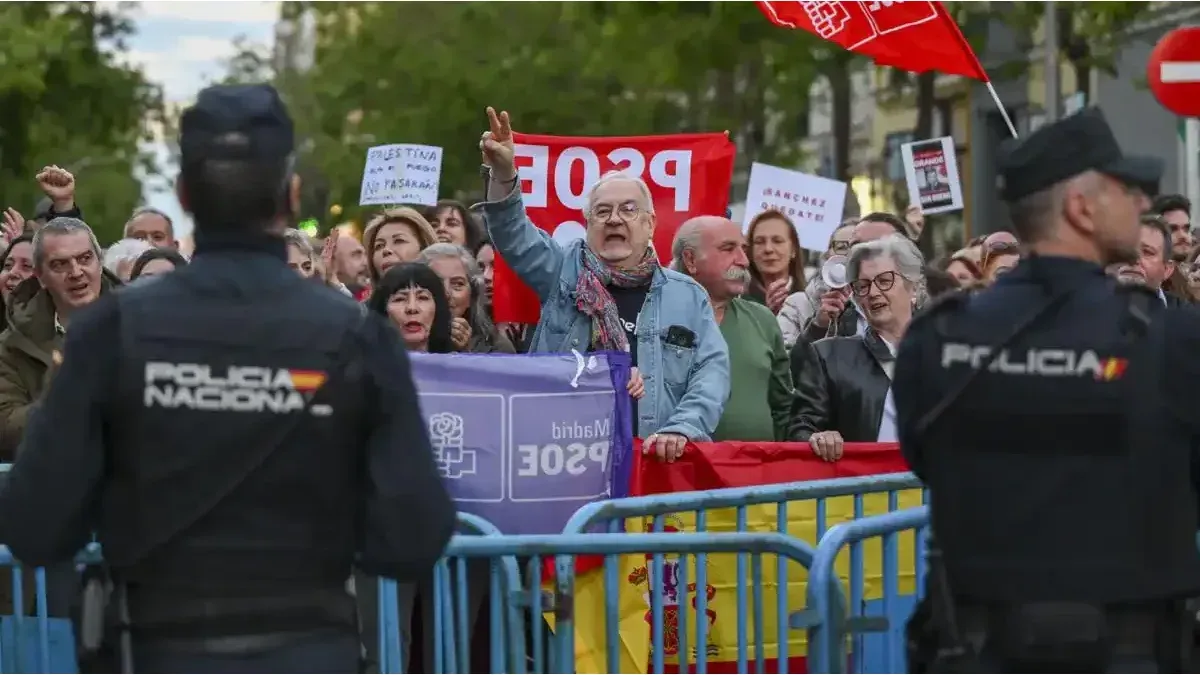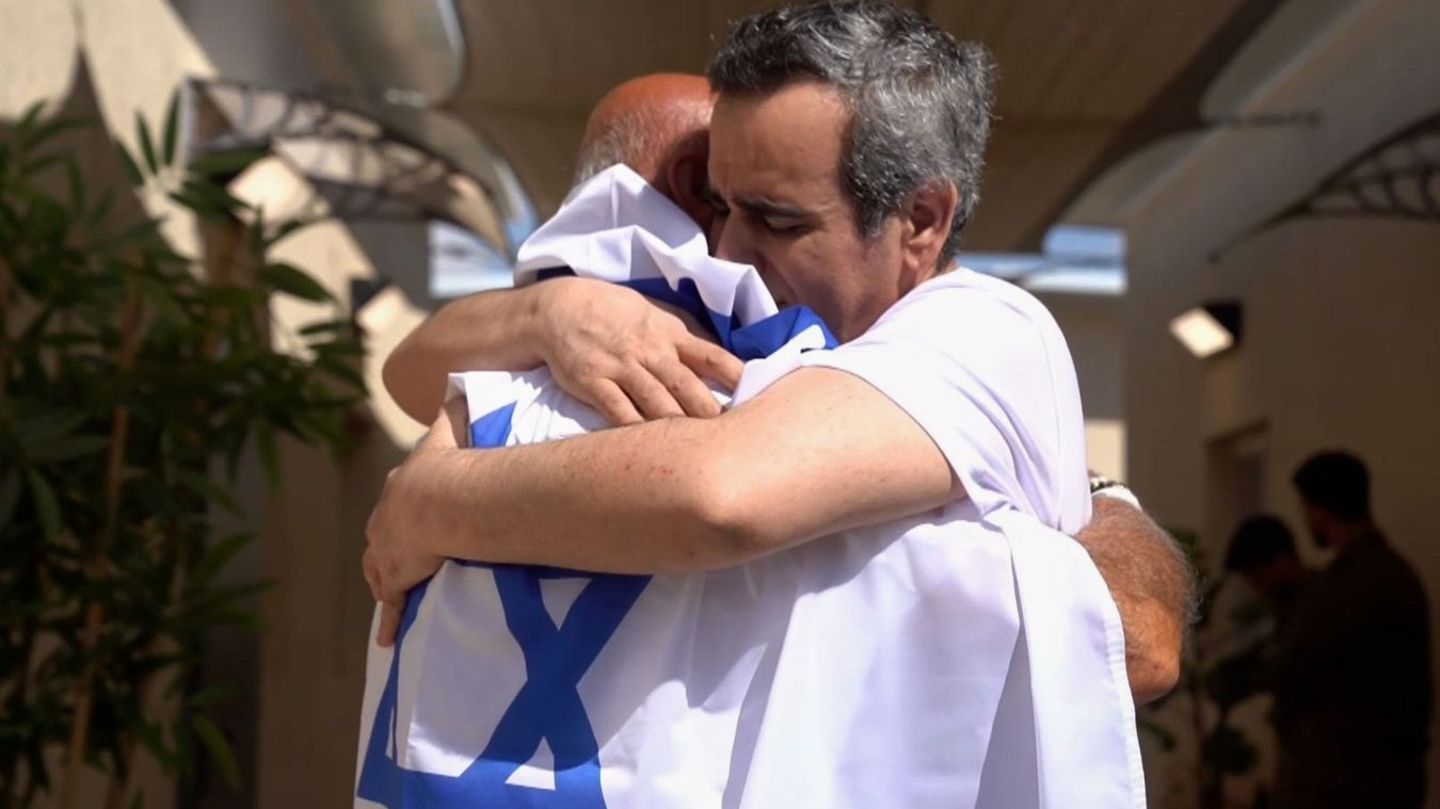After an investigation was opened against his wife for crime of influence peddling and corruption, The Spanish president announced that he would retire from his duties to “reflect“and that on Monday he would communicate his decision on his continuity in the presidency.
Spain: mobilizations during Pedro Sánchez’s third day of silence
Spain mobilization 2.webp
The mobilizations in Spain to ask Pedro Sánchez not to resign.
According to the government delegation in Madrid, some 12,500 people gathered to show their support to the socialist leader, who is in his third day of reflection and self-imposed silence. Supporters mobilized with slogans such as “Peter, don’t give up” either “Spain needs you“.
They gathered in front of the headquarters of the Socialist Party in the Spanish capital, where the main leaders of the party, including ministers and regional presidents, asked Sánchez not to leave the Moncloa Palace.
“President, stay, Pedro, stay, we are with you. Forward, we have to move forward, we have to continue pushing this country, Spain cannot go back,” declared the vice president and Minister of Finance, María Jesús Montero.
Furthermore, the Minister of the Presidency, Felix Bolañosalso spoke out on the issue and noted: “Today, all the democrats, all the progressives, are summoned in Madrid against a pack that has no limits and that the only thing that wants to do is overthrow a democratic and legitimate government“.
Pedro Sánchez’s decision
After the complaint against his wife Begoña Gómez, The president of Spain canceled his public agenda and did not participate in the rallies in the first weekend of the campaign for the crucial regional elections on May 12 in Catalonia.
Although there are no clues as to what Sanchez will decide, the possibility is being considered that he will not resign and call a motion of confidence for Congress to reiterate its supporta low-risk option since to overcome it you only need a simple majority of the deputies.
If you resign, would leave the government in office and the country facing possible new elections after those last July, in which the socialists came second behind the right but were able to govern thanks to parliamentary alliances.
Source: Ambito




